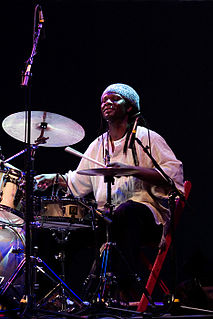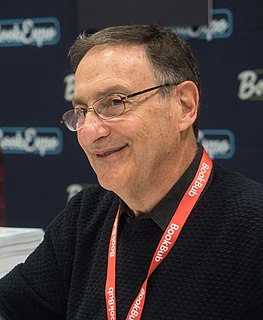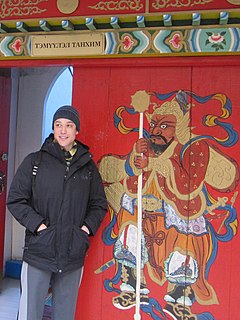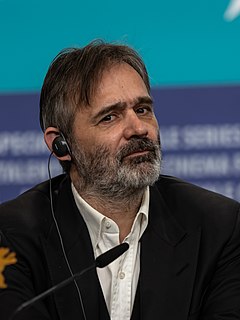A Quote by Oliver Sacks
I think there are dozens or hundreds of different forms of creativity. Pondering science and math problems for years is different from improvising jazz. Something which seems to me remarkable is how unconscious the creative process is. You encounter a problem, but can't solve it.
Related Quotes
When I started doing improvise music in Europe, in the beginning I thought the way that Europeans were interpreting the reconstruction of deconstruction of this thing that we call jazz - of course it's different than what Americans do, because Europeans have a different history, a different sensibility and so forth - the nature of the creative process itself it's the same; but what comes from that creative process is different, because you have a different history, you have a different society, different language.
I think the most remarkable thing about ice, in my opinion at least, is that it occurs in many, many, many different forms. Most solids occur in typically one or maybe two or three different forms, and ice has approximately 15 different crystal forms, as well as two forms that are called amorphous, which means without any shape at all.
I think one of the biggest limitations for an artist is not being able to dream a golden dream. We're always saying, "Oh, we can make do with this," or "We can problem-solve this." But John Neumeier's creative process was very different from piecemealing. It was the first time I understood I could build something larger and that it could be and should be supported.
How hard is it to build an intelligent machine? I don't think it's so hard, but that's my opinion, and I've written two books on how I think one should do it. The basic idea I promote is that you mustn't look for a magic bullet. You mustn't look for one wonderful way to solve all problems. Instead you want to look for 20 or 30 ways to solve different kinds of problems. And to build some kind of higher administrative device that figures out what kind of problem you have and what method to use.
Mathematical thinking is not the same as doing mathematics - at least not as mathematics is typically presented in our school system. School math typically focuses on learning procedures to solve highly stereotyped problems. Professional mathematicians think a certain way to solve real problems, problems that can arise from the everyday world, or from science, or from within mathematics itself. The key to success in school math is to learn to think inside-the-box. In contrast, a key feature of mathematical thinking is thinking outside-the-box - a valuable ability in today's world.
We have to start encouraging women to get into math and science early on in life... But to just say TechCrunch is perpetuating the problem because there aren't enough women speakers at our events is just a way to get attention and not solve the problem. So do we want to solve the problem, or do we want to just pick on me?
The problem is that once I start on a song and get a rough idea of where I might go with an arrangement, I try dozens, sometimes hundreds, of different things on a song. The bass, the backing guitars, the lead guitars, the keyboards. It's a long process. It's like 100 steps forward and 99 steps back.




































